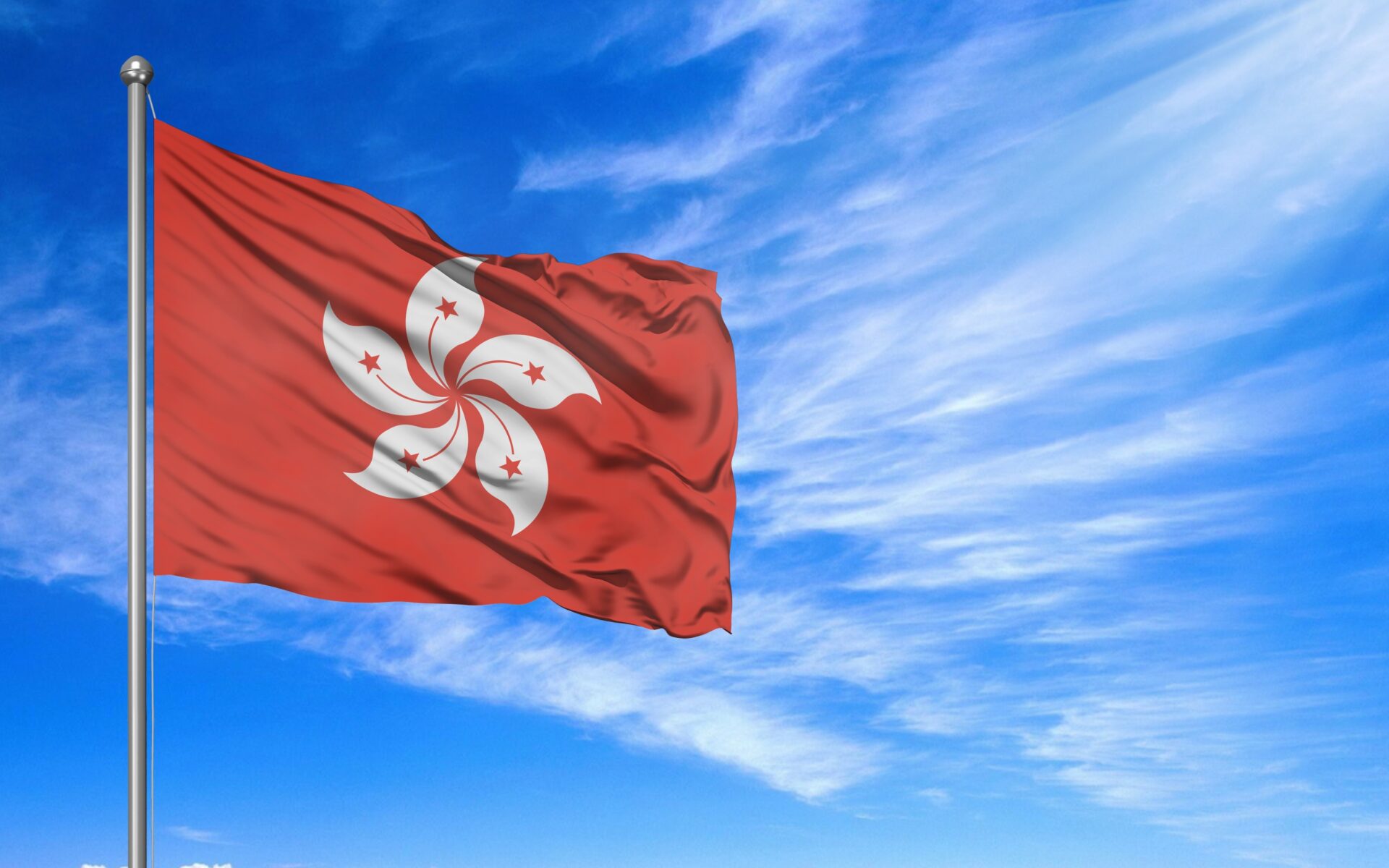
Millions FLEE as Freedom COLLAPSES!
China’s sweeping security crackdown has dismantled Hong Kong’s freedoms, triggering mass arrests, international criticism, and a growing brain drain of talent fleeing abroad.
At a Glance
- The 2019–2020 Hong Kong protests evolved from an extradition bill into a wider pro-democracy movement
- China’s 2020 National Security Law criminalized dissent and expanded Beijing’s authority over Hong Kong
- Civil society, media, and opposition groups have been dismantled under the new system
- A wave of emigration is reshaping the city’s workforce and international standing
Hong Kong Protests: A Turning Point
The 2019–2020 Hong Kong protests marked a historic moment in the city’s trajectory, beginning with opposition to an extradition bill that would have allowed suspects to face trial in mainland China. Seen as a direct threat to judicial independence, the measure ignited mass demonstrations that grew into a broad call for democracy, accountability, and civil liberties. Millions joined marches, often organized through encrypted apps and online forums, showcasing a population unwilling to accept what they viewed as Beijing’s encroachment on the city’s autonomy.
The government’s hardline response fueled further anger, with police tactics, including the use of tear gas and rubber bullets, drawing both local and international condemnation. Protesters’ demands expanded to include universal suffrage and independent investigations into police conduct. The scale and persistence of the movement underscored the depth of Hong Kong’s distinct political identity, standing in sharp contrast to Beijing’s vision for the territory.
Watch now: Hong Kong’s Fight for Freedom
Beijing’s Legal Overhaul
China’s imposition of the National Security Law in 2020 represented a watershed in Hong Kong’s political future. The legislation criminalized acts deemed to involve secession, subversion, terrorism, or collusion with foreign powers, yet its vague language gave authorities broad latitude to target dissent. Opposition politicians, activists, journalists, and academics quickly faced arrest or harassment, dismantling much of Hong Kong’s civil society in a matter of months.
The chilling effect was immediate and sweeping. Pro-democracy organizations disbanded under legal pressure, independent media outlets shuttered, and public demonstrations largely disappeared. Those who could left the city, often seeking asylum in countries such as the United Kingdom, Canada, and Australia. For those who stayed, the prospect of surveillance, detention, or prosecution became an everyday reality.
Long-Term Implications
The crackdown has fundamentally altered Hong Kong’s governance and global image. The new “patriots only” electoral framework has excluded opposition candidates, ensuring Beijing loyalists dominate the city’s legislature. Political pluralism, once a hallmark of Hong Kong, has been effectively eliminated.
The erosion of autonomy has sparked a brain drain, with skilled professionals and entrepreneurs relocating abroad. This migration has reshaped labor markets and threatens to undercut Hong Kong’s role as a leading financial hub. Foreign firms, while still present, face growing uncertainty over legal stability and the city’s future business climate.
On the social level, the crackdown has fractured communities and fostered widespread self-censorship. Families are divided over whether to stay or leave, while many residents report a climate of fear and mistrust. International criticism has been strong but largely symbolic, with Beijing showing little willingness to modify its approach. The case of Hong Kong now serves as a warning for other regions where authoritarian governments confront semi-autonomous systems, underscoring the costs of central control over civic freedoms.
Sources
2019–2020 Hong Kong Protests
Hong Kong: Crackdown on Freedoms and Democracy
Five Years After the Mass Protests: Hong Kong’s Transformation
China’s “Patriots Only” Hong Kong


